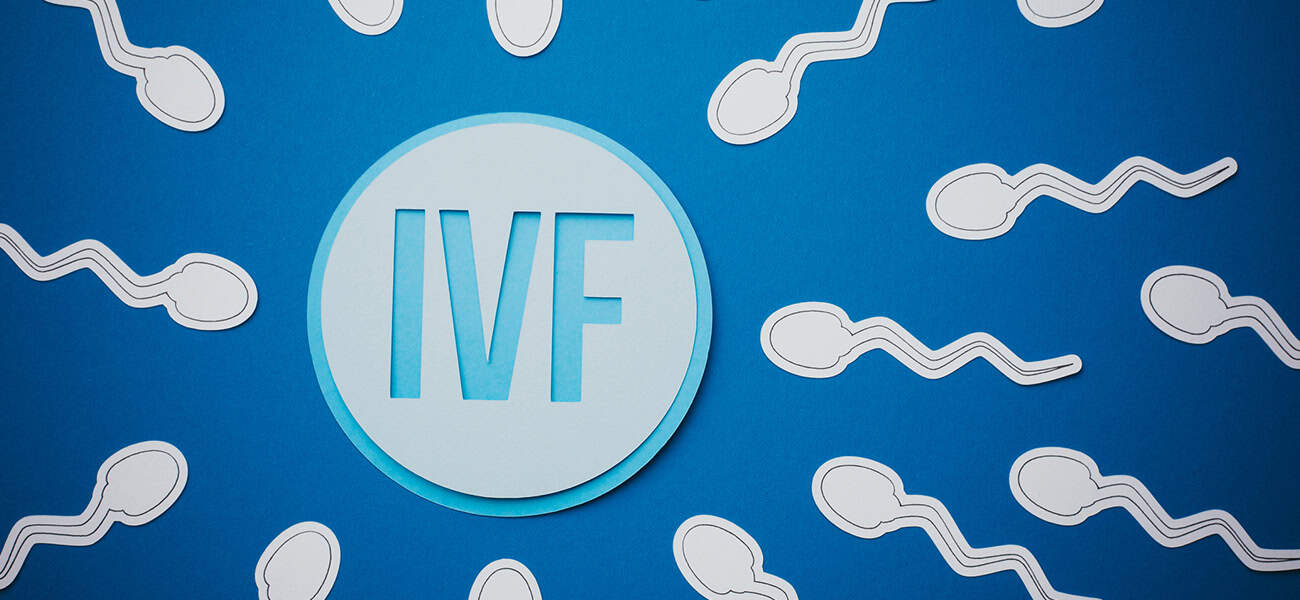
Title:
A digitally controlled, remotely operated ICSI system: case report of the first live birth
Authors:
Gerardo Mendizabal-Ruiz, Alejandro Chavez-Badiola, Estefanía Hernández-Morales, Alan Murray, Mina Alikani, Jacques Cohen, and others.
Journal:
Reproductive BioMedicine Online
Date of Publication:
April 9, 2025
Summary:
This study presents the first successful live birth achieved using a fully automated, digitally controlled, and remotely operated intracytoplasmic sperm injection (ICSI) system. Engineered by Conceivable Life Sciences, the system automates all 23 micromanipulation steps required for ICSI, integrating artificial intelligence for sperm selection, laser-based sperm immobilization, and precise micromanipulation via computer vision. Preclinical animal studies confirmed the system’s safety and effectiveness. In a clinical application, five donor oocytes were fertilized remotely from 3,700 km away, achieving an 80% fertilization rate, comparable to 100% in the manual control group. Both groups produced two usable blastocysts each. While the first fresh embryo transfer failed, a subsequent transfer of a cryopreserved blastocyst from the automated group resulted in a healthy live birth at 38 weeks of gestation. Approximately half of the micromanipulation steps were performed autonomously, with the rest managed by remote operators. Although the automated procedure took longer than manual ICSI, this proof-of-concept highlights the potential of automation to improve consistency, reduce operator dependency, and enhance global accessibility to assisted reproductive technologies (ART). Future refinements aim to increase autonomy, reduce procedure time, and ensure safe human oversight.
Citation-Ready Version:
Mendizabal-Ruiz G, Chavez-Badiola A, Hernández-Morales E, Murray A, Alikani M, Cohen J, et al. A digitally controlled, remotely operated ICSI system: case report of the first live birth. Reprod Biomed Online. 2025 Apr 9
Title:
A digitally controlled, remotely operated ICSI system: case report of the first live birth
Authors:
Gerardo Mendizabal-Ruiz, Alejandro Chavez-Badiola, Estefanía Hernández-Morales, Alan Murray, Mina Alikani, Jacques Cohen, and others.
Journal:
Reproductive BioMedicine Online
Date of Publication:
April 9, 2025
Summary:
This study presents the first successful live birth achieved using a fully automated, digitally controlled, and remotely operated intracytoplasmic sperm injection (ICSI) system. Engineered by Conceivable Life Sciences, the system automates all 23 micromanipulation steps required for ICSI, integrating artificial intelligence for sperm selection, laser-based sperm immobilization, and precise micromanipulation via computer vision. Preclinical animal studies confirmed the system’s safety and effectiveness. In a clinical application, five donor oocytes were fertilized remotely from 3,700 km away, achieving an 80% fertilization rate, comparable to 100% in the manual control group. Both groups produced two usable blastocysts each. While the first fresh embryo transfer failed, a subsequent transfer of a cryopreserved blastocyst from the automated group resulted in a healthy live birth at 38 weeks of gestation. Approximately half of the micromanipulation steps were performed autonomously, with the rest managed by remote operators. Although the automated procedure took longer than manual ICSI, this proof-of-concept highlights the potential of automation to improve consistency, reduce operator dependency, and enhance global accessibility to assisted reproductive technologies (ART). Future refinements aim to increase autonomy, reduce procedure time, and ensure safe human oversight.
Citation-Ready Version:
Mendizabal-Ruiz G, Chavez-Badiola A, Hernández-Morales E, Murray A, Alikani M, Cohen J, et al. A digitally controlled, remotely operated ICSI system: case report of the first live birth. Reprod Biomed Online. 2025 Apr 9
biweekly insights


